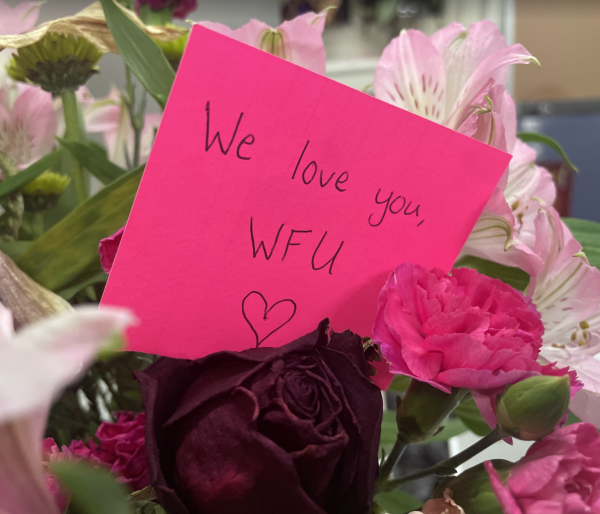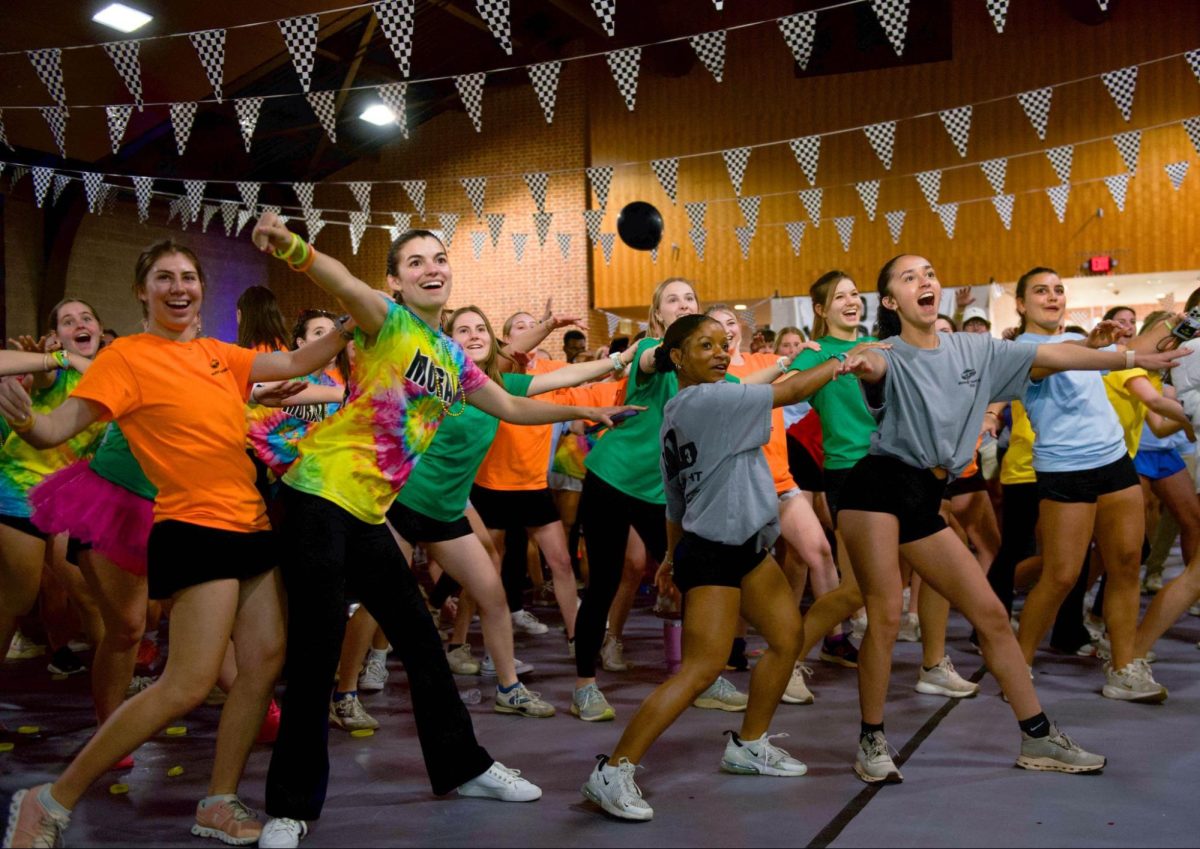
Last year, I attended the first student-facing conversation regarding the Deacon Blvd. redevelopment project. After learning about the project, we launched questions at the team, demanding more details. Whose idea was this? How will students be affected? What does this mean for local communities?
I viewed the team of real estate developers as out of touch, and my initial reaction to the project was skeptical at best. Concerns about sustainability, socioeconomic diversity and safety were primary concerns. In advisory committee meetings, I kept asking questions. Will housing be affordable, or will it disrupt the lives of current residents? What happens to Last Resort? Who loses?
My questions were answered, and then some. This summer, I remained in contact with the real estate development firms, Carter and Front Street Capital (FSC). One week before the public announcement of The Grounds, I was granted an exclusive interview with the leadership team, Adam Parker, vice president of Carter, and Coleman Team, president & managing partner of FSC.
Here are the unanswered questions, now answered:
Whose idea was this?
The Grounds was born from discussion, debate and visionary leadership that began at Wake Forest University decades ago and has been shaped in church basements, neighborhoods and board rooms. With Wake Forest donating the land, the state providing infrastructure funding and Carter and FSC financing private investments, everyone has skin in the game. This is a community venture, not just a redevelopment project.
“The Grounds is a Wake Forest initiative that will benefit everyone around us,” Student Trustee Stella Ross says.
Who loses?
Over the past two years, project leaders have sought the input, feedback and approval of hundreds of stakeholders. Make no mistake, due diligence is the war cry of the project leadership. Over 200 stakeholder meetings have occurred and will continue with local residents, elected officials, environmentalists, businesses, students, staff members and more. From my experience in several of these discussions, project leaders did not just check boxes, they absorbed and implemented the counsel of those most impacted by this change.
“I’ve got family at Wake Forest University in every generation going back to the ‘40s, I grew up in Winston-Salem,” Coleman Team, president of FSC and Wake Forest graduate, said.
From a fan perspective, The Grounds will revolutionize the gameday experience. Kiss goodbye to traffic, endless parking lots and waning stadium atmospheres. Instead, get ready for local restaurants, boutique shops and brewpubs that will keep fans engaged year-round.
Environmentally, The Grounds bring a $35 million dollar appropriation from the state of North Carolina that will directly address the erosion of Silas Creek. Stream banks will be regraded, vegetation replanted and invasive species removed. Most notably, retail and residential spaces will be surrounded by a greenway which will reduce sediment disposition and replace parking lots with nature.
In the early stages of discussion, safety was a contested topic. Imagine yourself walking the Reynolda Village trail at night. Dim lights, few people and eerie wind blowing through the trees. Crossing University Parkway evokes the same experience, except with hundreds of cars.
Now, picture yourself taking a two-mile stroll along a brightly lit, open, and busy walkway through a Silas Creek-adjacent greenway. When you look around, you see trees, people, residences, shops and bluelight systems. The scare of crossing University Parkway will cease with a new signalized pedestrian crossing that leads directly to The Grounds.
Finally, the project is a metaphorical gold mine. The state appropriation coupled with the financing efforts of Carter and FSC will bring thousands of construction jobs, stimulate local businesses and attract millions in private investment. Residents, community members, students and professionals will find job opportunities in the retail, dining and office spaces. The 240-unit residential community will target graduate students and seniors seeking furnished rentals. Looking forward, hundreds of additional housing units will be built to accommodate students, professionals and families from a range of socioeconomic backgrounds. Can a parking lot do that?
“We’ve got decades of Wake Forest experience, this is our home,” Adam Parker, vice president of Carter and Wake Forest graduate, said.
Yes, we have lost Last Resort, a storied part of the Wake Forest experience. If this is the price for a rejuvenated economy, natural vibrance and new opportunities for everyone, then I am for it.
Of course, there will be speed bumps along the way; that is the nature of progress. Still, this is the future of the Wake Forest experience. This is what will keep fans, residents, alumni and their families coming back year after year. This is not only a redevelopment project, but a lifetime venture that reflects the shared vision of our community.
The groundbreaking for The Grounds will occur in December of 2024.












